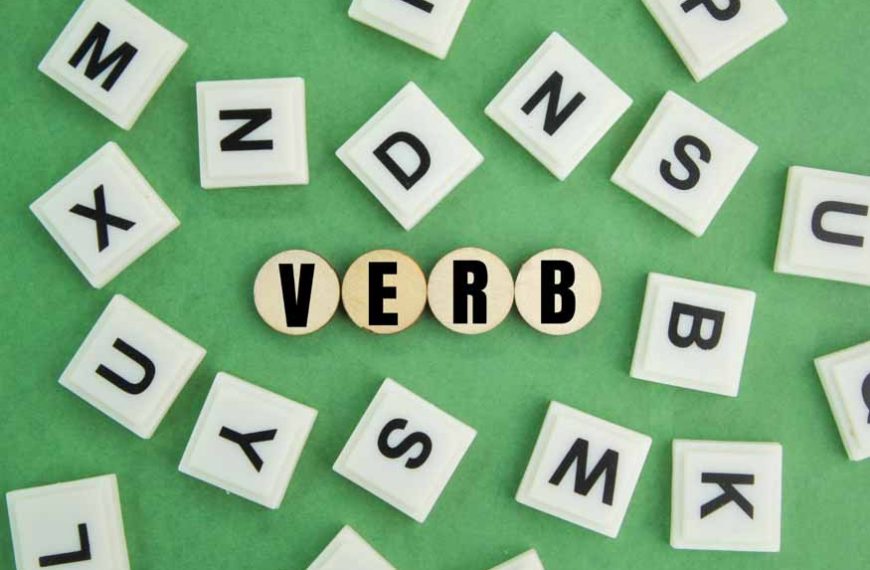As a wise man once said… “The rules of English grammar are only for the brave to comprehend.” * insert dramatic, mysterious, wise voice * Of course we are only kidding! The rules of English grammar, in fact, are not that difficult. They are pretty easy once your kids get down to grasping their basics. There is, after all, a rationale behind English grammar rules. A method to madness. And that holds true for parts of speech as well. Which automatically extends it to determiners.
What is a determiner, you ask? Only that thing which makes your sentences sensible and meaningful! Okay, we know how confusing that can sound, so allow us to break down ‘what is a determiner’ along with everything your kids need to know about so this fuzzy picture becomes a whole lot clearer.
Defining a determiner So a determiner is a word that you will find placed just before a noun. Its objective is to ‘determine’ what exactly the noun in a sentence is referring to, thus specifying certain details about the said noun. These modifiers of nouns and noun phrases actually give your whole sentence more meaning and context. Determiners are essential to proper sentence construction, whether that is written or spoken.
Another interesting thing to note about determiners is that there are four types of them. These are possessives, quantifiers.
Decoding why are determinants important It is very easy for determiners to just get lost in the sea of words. They largely go unnoticed. And one of the reasons for it is because their exact meaning can be a little difficult to determine (pun unintended).
You see the same word can be used as a determiner for a noun or in place of the noun. So confusion is bound to ensue.
Let us illustrate this conundrum via an example:
- That house is huge.
- I would like that.
See what we mean? Okay, so the word ‘that’ in these two sentences has completely different meanings just because of the placement of it in the sentence structure. Because ‘that’ comes in front of ‘house’ in the first sentence, it points to the noun ‘house’. However, in the second ‘that’ becomes the noun itself!
It is known this distinction is why learning all about determiners is so important for kids. Identifying a determiner is key to perfecting grammar for kids!
But that is not the only reason that constitutes the answer to ‘why are determiners so important’.
They are also important because determiners are responsible for adding meaning to every sentence your child makes. They help your kids modify their sentences accurately, while also filling out their knowledge of different parts of speech. And finally, they improve your child’s English language skills, both spoken and written.
What are the different types of determiners your kids need to know about?
When it comes to outlining ‘what are the different types of determiners’, we have already told you that there are four types of them. Now it is time for your kids to learn what each type of determiner is all about. Here we go:
1. Articles
In one of our previous articles, we had discussed articles and their types at length, so we will keep it brief here.
What kids need to know about articles are that they make up the words ‘the’, ‘a’ and ‘an’. And that each of them is used to denote if the noun they come in front of is specific or general. Which is actually what the two types of articles are all about.
You have got a definite article, which is made up of ‘the’. And as the name will tell you, this article refers to a definitive or specific noun.
And then you have indefinite articles, which make up ‘a’ and ‘an’. These two refer to a more general noun when they are placed in front of. ‘A’ comes before nouns that begin with a consonant sound and ‘an’ comes ahead of nouns with a vowel sound.
Examples:
- Get me the book on that table.
- I want an orange soda.
- I will be taking a nap now.
2. Demonstrative determiners
So demonstrative determiners take pronouns into their purview as well. It is not just nouns as it is with articles.
The purpose of demonstrative determiners is to tell you both the quantity and distance of the nouns/pronouns they qualify for. However, only in vague terms. They are not specific.
In fact, demonstrative determiners encompass the following words:
- This
- These
- Those
- That
Examples:
- This is my favourite song!
- These pants are super loose.
- That place used to be my favourite years ago.
- Those people over there seem friendly.
3. Possessive determiners
Yep, these cover pronouns too. Not just nouns. So what happens in the case of possessive determiners is that they get specific about who (or in certain cases ‘what’) owns the object mentioned in the sentence.
To make it clearer, possessive determiners are made up of these words:
- His
- Her/hers
- My/mine
- Your/Yours
- It’s
- Their/theirs
- Our/ours
- Whose
Examples:
- That book is his.
That is her towel.
- Sorry, I know that apple is yours.
- That is my
- That red car is theirs.
- Whose house is that?
4. Quantifiers
We have come to the end of the list of the different types of determiners for kids. Quantifiers, as is evident in their name, refer to the quantity of the noun they come in front of. However, it never refers to a specific, numerical quantity. These are loose quantities. Non-numeric approximations. You will understand what we mean when you see this list of quantifiers:
- Many
- Few
- Several
- Some
- Much
- Lot/loads
- Bit
And so and so forth. There are more quantifiers, for sure. But you get the idea.
Examples:
- Many people came for that singer’s concert.
- Only a few trees remain in this area.
- Several attempts were made but the mission was a failure.
- I will take a bit of the rice, thank you.
How to use determiners so your kids get it right
The use of determiners should be quite simple now that we have explained everything along with easy examples.
However, if your child is still confused, ask them to first think about what they want their sentence to convey. What kind of information do they want to share about the noun in their sentences?
Do they want to talk about the distance? Then they should use demonstrative determiners. Are they keen on mentioning the quantity? Quantifiers it is! Do they want to denote possession? Possessive determiners are the way to go. And if they want to share whether the noun is specific or general, they should use articles. The use of determiners will always depend on the information conveyed regarding the noun in a sentence.
We hope all your confusion, and your kids, regarding determiners is now over. At EuroKids, we always strive to present technical concepts such as grammar rules in as simple a way as possible so your preschooler kid can get a good grasp of them without struggling to catch up. If you want to know more about preschool’s curriculum and various activities, visit us.


















